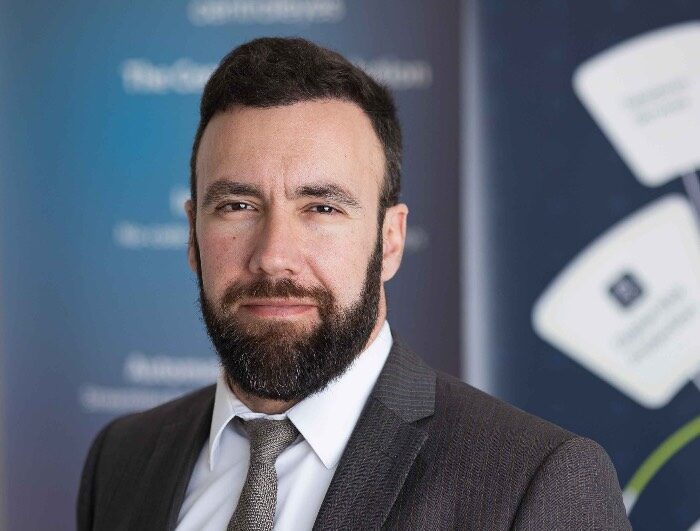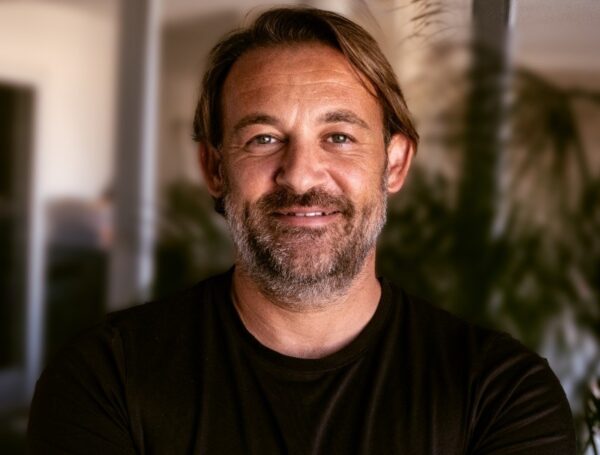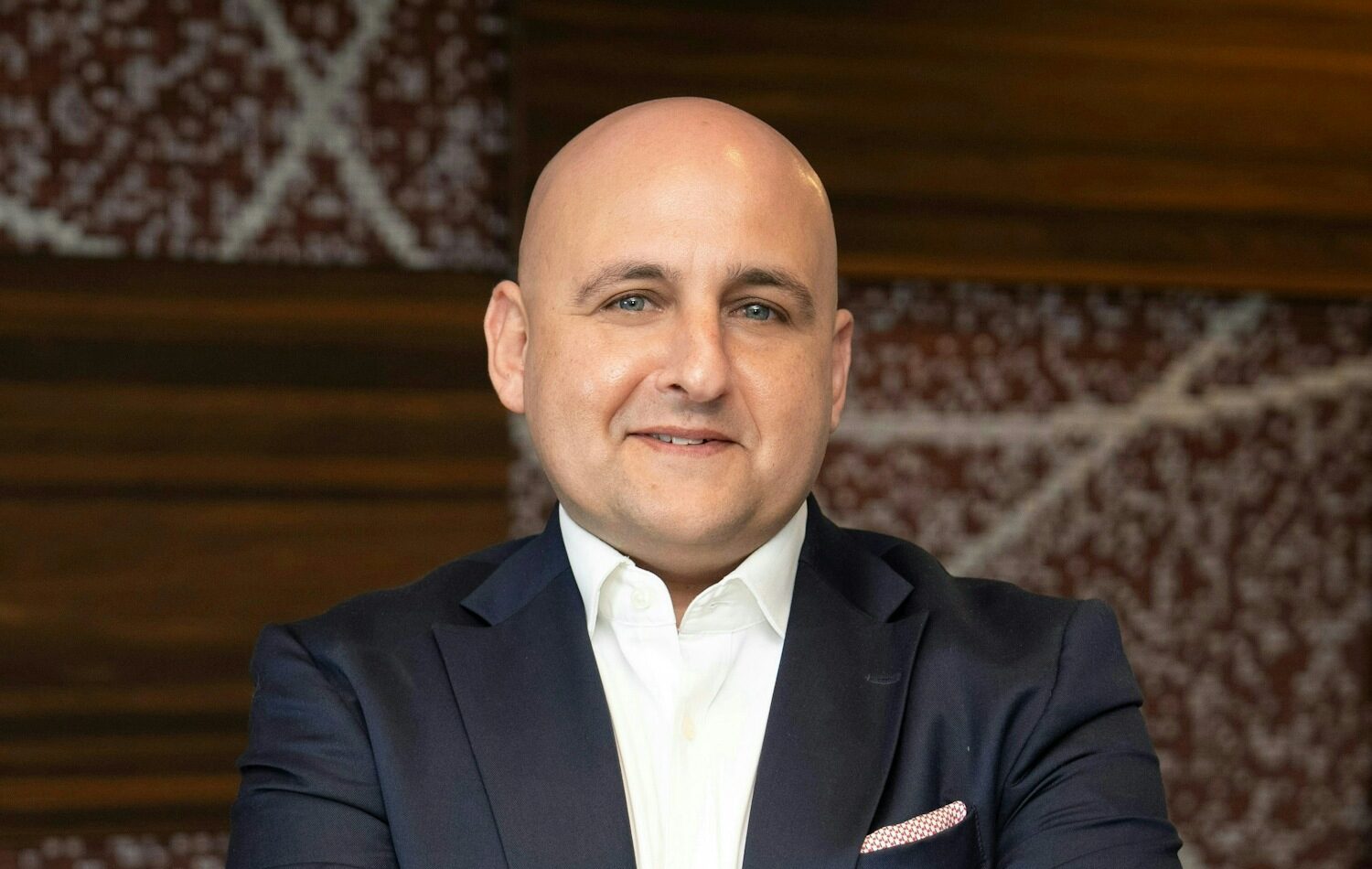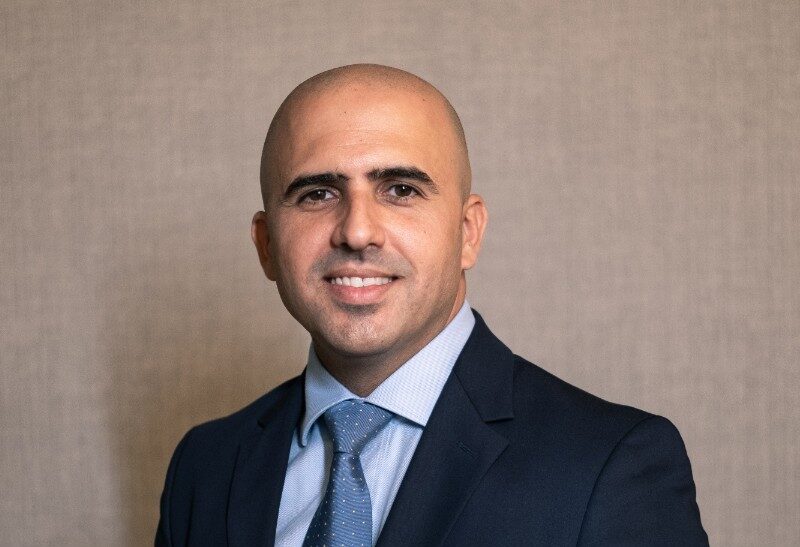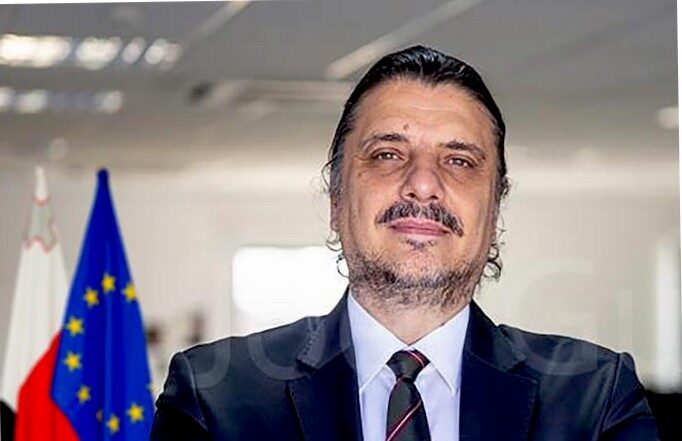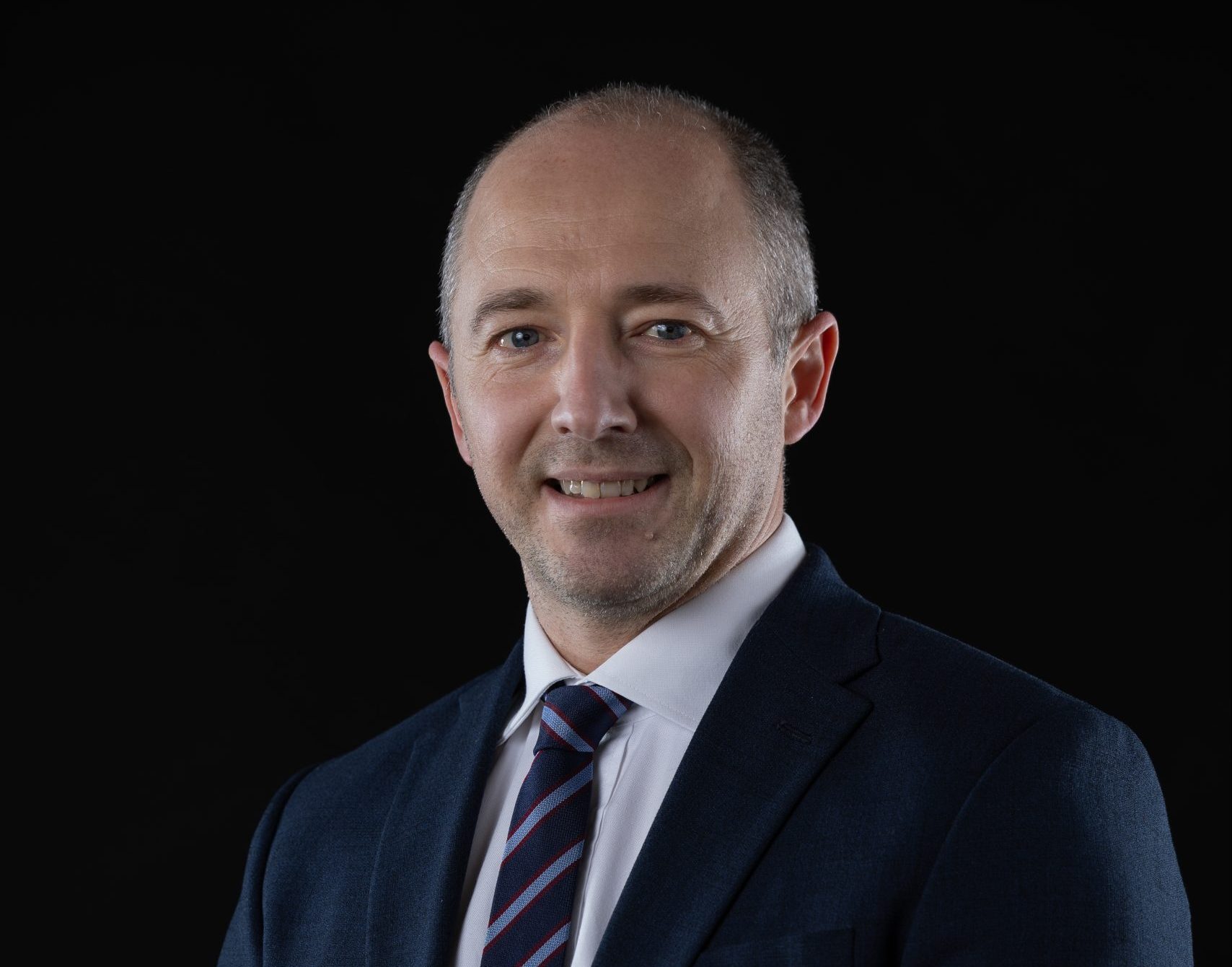Whether you function more efficiently in the morning or in the afternoon, the key to getting through your day more effectively is to know yourself well enough so that you can plan the tasks ahead of you accordingly, rather than relying on pure chance and on your mood.
Whatever job one has, there will always be tasks that we prefer over others because, well, we are human. And that is perfectly fine if we are aware of what these tasks are, and how we function, so that we can plan them within our schedule accordingly.
1. If you hate it, get it over and done with early
Have you ever had a task you absolutely hate doing and you keep postponing it? Here’s some news…it won’t go away! So, the trick is to get it over and done with as early as possible. In fact, you might want to start your day by doing that. For starters, doing away with such tasks early in the day will make you feel elated. Secondly, your mood won’t be impacted by the mere thought of a pending and unpleasant task, allowing you to get on with your day.
2. Know your energy levels
Depending on your eating habits, sleeping habits, level of stress and a host of other factors, people see their energy levels rise and dip in their own unique ways. The most important thing is that you know what your energy levels are like and that you monitor them, allowing you to plan your day accordingly. If you are more efficient in the morning, you might want to plan tasks that require concentration for that time of day. If you know that your morning is normally taken up by phone calls and emails, and that you will keep getting distracted, you might want to push those tasks which require maximum concentration to the afternoon, when you are quieter.
3. Pomodoro technique
As much as we want to believe that we are in full control of our concentration levels, distractions will always be there, so we need to find ways to minimise them as much as possible. The pomodoro technique is one such method: you simply set to work in 25-minute chunks. The trick is that throughout those 25 minutes, you eliminate as many distractions as you can – turn off your phone, close social media tabs on your laptop, close your inbox, turn down music, put your desk phone off the hook and close your office door. Once the 25 minutes are up, reward yourself with a short break, or a coffee or a look at your phone or your inbox. Then go again. Once you’ve mastered this technique, you’ll realise just how much more you get done when you concentrate fully.
4. Communicate with your colleagues
One of the biggest frustrations that business leaders and C-level executives have is that of constant knocking on their office doors. On one hand, it is encouraged to have an open-door policy (especially with all the recruitment issues there are within the workforce; the last thing business leaders want is for their staff to quit because they do not feel welcome). On the other hand, it becomes impossible to concentrate on answering a long and detailed email with people constantly walking in and out of the office, or with the phone constantly ringing, or with your colleagues on the desk opposite constantly chatting. Communication is key. If you need to concentrate, inform your colleagues. People tend to collaborate more when they know that they are required to do so.
5. Take care of yourself physically and mentally
When we have too much on our mind, we find it more difficult to concentrate and produce quality work. While that cannot be controlled, we can control how to release our stress. Business leaders are known to have more stress, therefore, it is highly important that they take care of themselves physically, by doing sport, or just by going for a walk by the sea or in nature, and by resting well, especially at night. It is also important that they take care of themselves mentally by spending time with loved ones, by having someone to talk to and by finding ways to detach completely from work for a while every day.
Adrian Bonnici appointed Director of Sales & Marketing at Corinthia Caterers
He has been with the company for more than eight years, most recently serving as Director of Sales for over ...
Andrea Farrugia appointed Chief Operating Officer at 1926 Collection
He brings with him broad, hands-on experience across front office operations, food and beverage, project management and hotel leadership.
Izola Bank appoints Ali Geren as Head of Finance and Treasury
His background spans both strategic and operational leadership.
MIA eyeing Eastern and Northern Europe for route expansion, says Senior VP Alex Cardona
The growth in connectivity will come from the introduction of new routes as well as increased weekly frequencies on existing ...




